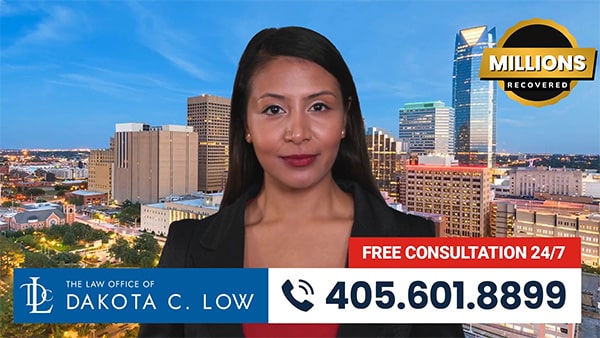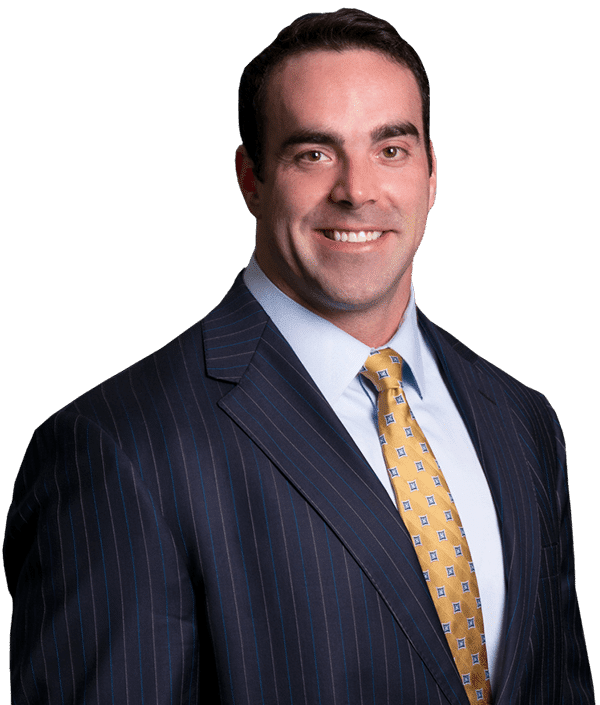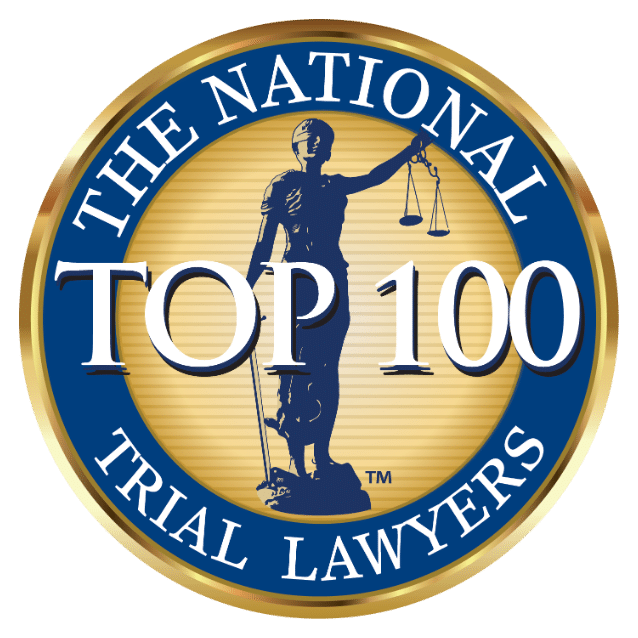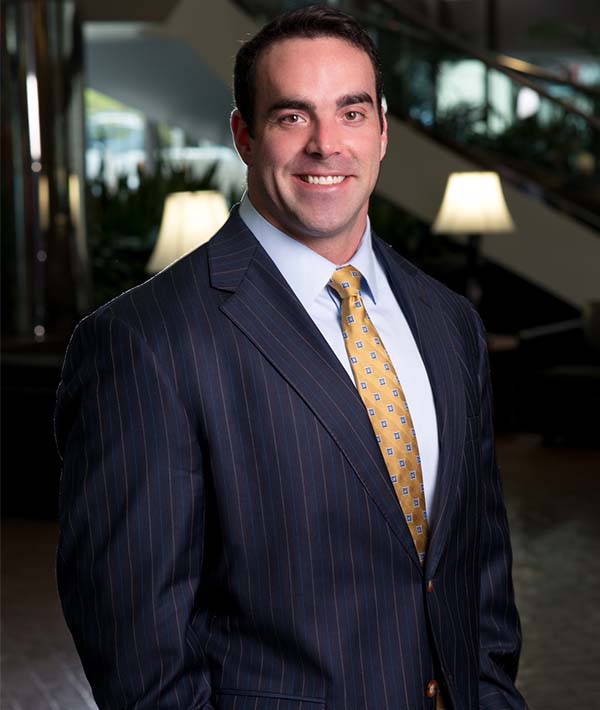Welcome to our comprehensive guide on premises liability, where we will shed light on your rights in various situations. Whether you slip and fall at a grocery store, get injured in a restaurant, or have an accident on someone’s property, understanding your legal rights is vital.
Premises liability refers to the legal responsibility that property owners have to maintain a safe environment for visitors. When owners fail to address hazardous conditions and accidents occur, victims may be entitled to compensation.
In this article, we will explore the intricacies of premises liability and help you navigate the legal landscape by providing crucial information about your rights and the potential legal remedies available to you. We will delve into the factors that contribute to premises liability, discuss different types of accidents that can occur, and examine the burden of proof on both sides.
Whether you’re a property owner or a visitor, understanding premises liability is crucial for everyone involved. So, join us as we unravel the complexities of premises liability and empower you with the knowledge to protect your rights.
What is premises liability?
Premises liability is a legal concept that holds property owners and occupiers responsible for maintaining a safe environment for visitors. This area of law is crucial because it addresses the rights of individuals who suffer injuries while on someone else’s property, whether it be a private residence, a commercial establishment, or public land. Essentially, premises liability laws are designed to protect individuals from unsafe conditions that could lead to accidents and injuries.
When a property owner fails to uphold their duty of care and an accident occurs, the injured party may have the right to seek compensation for their injuries. The key element in these cases is proving that the property owner or occupier acted negligently by failing to take reasonable steps to ensure safety. This can include a variety of situations, from inadequate maintenance to ignoring hazardous conditions that could lead to accidents.
Understanding the nuances of premises liability is essential, especially for those who often find themselves on other people’s properties. Whether you’re visiting a friend’s house, shopping at a mall, or dining at a restaurant, knowing your rights can empower you to seek justice if an injury occurs due to someone else’s negligence.
Types of premises liability cases
Premises liability cases can arise from a wide range of scenarios, and understanding the different types can help clarify your rights as a visitor on someone else’s property. One of the most common types is slip and fall accidents, which can occur due to wet floors, uneven surfaces, or obstacles in walkways. These incidents often lead to serious injuries, and proving negligence on the part of the property owner can be critical for the victim seeking compensation.
Another significant category of premises liability cases involves inadequate security. Property owners are responsible for ensuring that their premises are secure and free from criminal activity. If an individual is assaulted or injured due to a lack of security measures, such as broken locks or insufficient lighting, the property owner may be liable for the injuries sustained. This type of case highlights the importance of proper safety protocols in both residential and commercial properties.
Additionally, dog bite cases often fall under premises liability. If a dog owned by a property resident bites a visitor, the owner may be held responsible for the injuries caused by their pet. Laws regarding dog bites can vary significantly by state, but generally, property owners can be held liable if they knew or should have known about their pet’s aggressive behavior. Understanding these various types of premises liability cases can help individuals better navigate their rights and the potential for legal action.
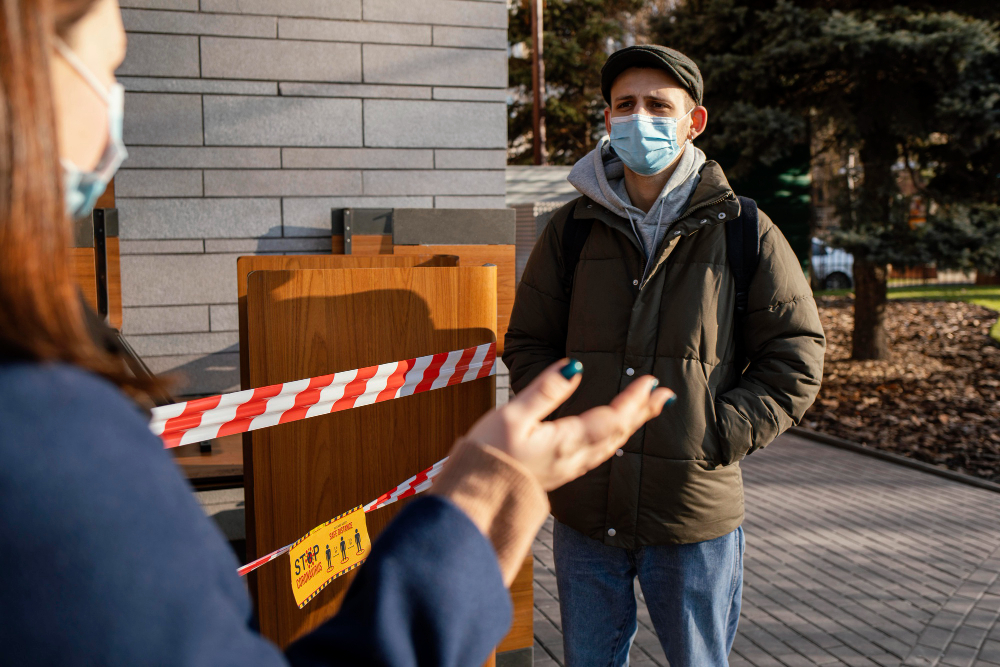
Common causes of premises liability accidents
Premises liability accidents can occur due to a multitude of factors, and identifying these causes is crucial for understanding the circumstances surrounding an injury. One of the most prevalent causes is hazardous conditions, such as spills or debris on the floor. These situations can create dangerous environments, particularly in high-traffic areas, leading to slip and fall accidents that may result in serious injuries.
Another common cause of premises liability accidents is inadequate maintenance. Property owners have a responsibility to regularly inspect and maintain their premises, including repairing broken railings, fixing potholes, and ensuring that staircases are safe. Failing to address these issues can result in accidents that could have been easily prevented, placing the burden of responsibility squarely on the property owner.
Poor lighting is also a significant contributor to premises liability accidents, particularly in parking lots or stairwells. Insufficient lighting can increase the risk of trip hazards and make it difficult for individuals to navigate safely. If a property owner neglects to provide adequate lighting, they may be liable for any injuries sustained as a result of this oversight. Recognizing these common causes can help visitors remain vigilant and aware of their surroundings, reducing the risk of injury while on someone else’s property.
Duties of property owners or occupiers
Property owners and occupiers have a legal obligation to ensure the safety of individuals who enter their premises. This duty of care varies depending on the status of the visitor, who may be classified as an invitee, licensee, or trespasser. Invitees, such as customers in a store, are owed the highest duty of care, as property owners must take reasonable steps to protect them from known hazards. On the other hand, licensees, like social guests, are entitled to a somewhat lower duty of care, while trespassers have minimal protections under the law.
One of the primary duties of property owners is to conduct regular inspections of their premises to identify and rectify any potential hazards. This includes not only addressing known issues but also taking steps to prevent accidents. For instance, property owners should promptly clean up spills, fix broken steps, and ensure that outdoor areas are free from debris that could cause trips and falls. By fulfilling these obligations, property owners can significantly reduce their risk of being held liable for accidents that occur on their property.
Additionally, property owners must provide adequate warnings for any non-obvious hazards that visitors may encounter. If a property has a known danger, such as a steep staircase or a wet floor, the owner should take appropriate measures to alert visitors, whether through signage or verbal warnings. Failing to provide these warnings can further increase the property owner’s liability in a premises liability case. By understanding these duties, both property owners and visitors can foster a safer environment that minimizes the risk of accidents and injuries.
Proving negligence in a premises liability case
To hold a property owner liable for injuries sustained on their premises, the injured party must prove that negligence occurred. Establishing negligence typically involves demonstrating that the property owner failed to uphold their duty of care. This process often requires showing that the owner knew or should have known about the hazardous condition and failed to address it in a timely manner. Evidence such as maintenance records, witness testimonies, and photographs of the scene can be crucial in building a solid case.
In addition to proving that the property owner was negligent, the injured party must also show that their injuries were directly caused by the hazardous condition. This means providing medical records and documentation that outline the extent of the injuries and the treatment required. Establishing a clear connection between the property owner’s negligence and the injuries sustained is a critical component of any premises liability case.
Finally, it’s essential to demonstrate that the injured party was not partially at fault for the accident. Many states operate under comparative negligence laws, which means that if the injured party is found to be partially responsible for their injuries, their compensation may be reduced accordingly. Therefore, it is essential to present a strong case that emphasizes the property owner’s negligence while minimizing any potential blame placed on the injured party. By understanding these elements, individuals can prepare themselves for the complexities involved in proving negligence in a premises liability case.
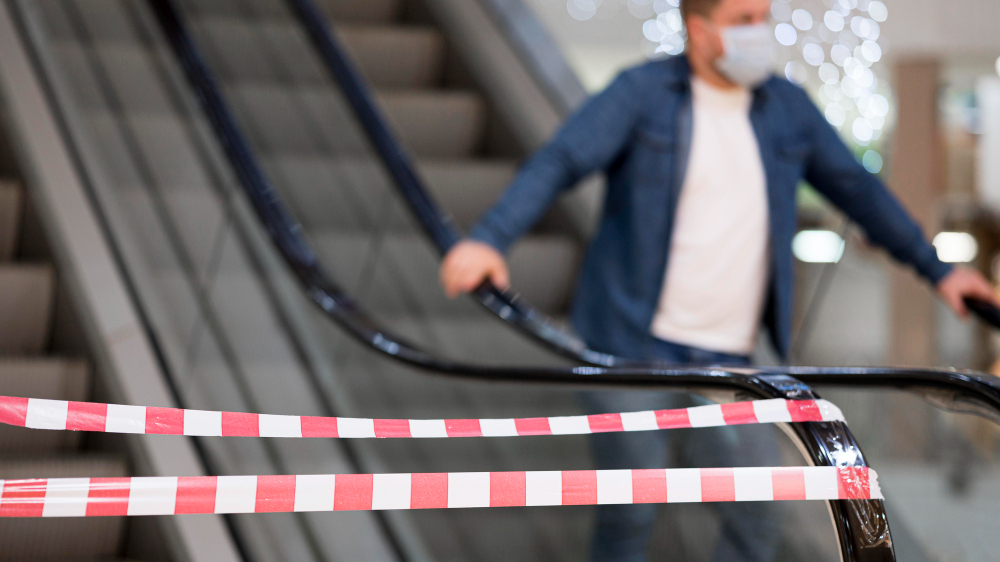
Potential damages in a premises liability case
When individuals successfully pursue a premises liability claim, they may be entitled to various types of damages. The most common form of compensation is medical expenses, which can include costs for hospital stays, surgeries, rehabilitation, and ongoing medical care. Injuries from premises liability cases can lead to significant financial burdens, and victims deserve to have their medical expenses covered, especially when the injury was due to someone else’s negligence.
In addition to medical expenses, victims may also seek compensation for lost wages due to their inability to work during recovery. If an injury leads to prolonged absences from work, the financial implications can be severe. Victims have the right to recover lost income as part of their damages, ensuring that they are not left financially crippled due to an injury sustained on someone else’s property.
Furthermore, victims may pursue non-economic damages, which can include compensation for pain and suffering, emotional distress, and loss of enjoyment of life. These damages aim to account for the intangible impacts of an injury, recognizing that physical harm can lead to significant emotional and psychological challenges. The determination of these damages often requires careful consideration and may involve testimony from medical professionals or mental health experts. Understanding the potential damages available in premises liability cases is essential for victims seeking to recover their losses and move forward with their lives.
Steps to take if you are injured on someone else’s property
If you find yourself injured on someone else’s property, it is crucial to take certain steps to protect your rights and strengthen any potential legal claims. First and foremost, seek medical attention as soon as possible. Your health and well-being should be your top priority, and obtaining medical care will not only help with your recovery but also create documentation of your injuries, which is vital for any future claims.
After addressing your medical needs, it’s important to gather evidence related to the incident. This can include taking photographs of the scene, documenting any hazardous conditions that contributed to your injury, and collecting contact information from any witnesses who may have seen the incident occur. This evidence can be invaluable when establishing liability and proving negligence on the part of the property owner.
Finally, it is advisable to consult with a premises liability attorney to discuss your case and explore your legal options. An experienced attorney can help you navigate the complexities of the legal system, assess the strength of your claim, and work to secure the compensation you deserve. By following these steps, you can protect your rights and increase your chances of a successful outcome in your premises liability case.
Hiring a premises liability attorney
Navigating the complexities of a premises liability case can be challenging, which is why hiring an experienced attorney is often a wise decision. A knowledgeable premises liability attorney will have a deep understanding of the laws and regulations governing these cases and can guide you through the legal process. They can help you determine the validity of your claim, gather necessary evidence, and build a strong case on your behalf.
When selecting a premises liability attorney, consider their experience and track record in handling similar cases. Look for an attorney who specializes in personal injury law and has successfully represented clients in premises liability claims. This expertise will ensure that your case is in capable hands, increasing your chances of obtaining a favorable outcome.
Additionally, a good attorney will offer a free initial consultation, allowing you to discuss your situation without any financial commitment. During this meeting, you can ask questions, gain insights into the legal process, and assess whether the attorney is the right fit for your needs. By hiring a skilled premises liability attorney, you can focus on your recovery while they work tirelessly to protect your rights and pursue the compensation you deserve.
Premises liability laws and regulations
Premises liability laws can vary significantly from one jurisdiction to another, making it essential to understand the specific regulations that apply to your case. These laws dictate the responsibilities of property owners and the rights of injured parties, and they can influence the outcome of any claims made. Generally, premises liability laws are rooted in the concept of negligence, which requires proving that a property owner failed to maintain a safe environment.
Most states categorize visitors into three groups: invitees, licensees, and trespassers, each with different levels of protection under the law. Invitees, who enter with the property owner’s permission for mutual benefit, are entitled to the highest duty of care. Licensees, such as social guests, are owed a lower duty of care, while trespassers receive minimal protection. Understanding these classifications is crucial for determining the potential liability in a given case.
Moreover, many jurisdictions have statutes of limitations that dictate the time frame within which a premises liability claim must be filed. These time limits can vary, so it is essential to be aware of the deadlines that apply to your situation. Failing to file a claim within the designated time frame may result in losing your right to seek compensation. By understanding the relevant premises liability laws and regulations, individuals can better navigate the legal landscape and protect their rights.
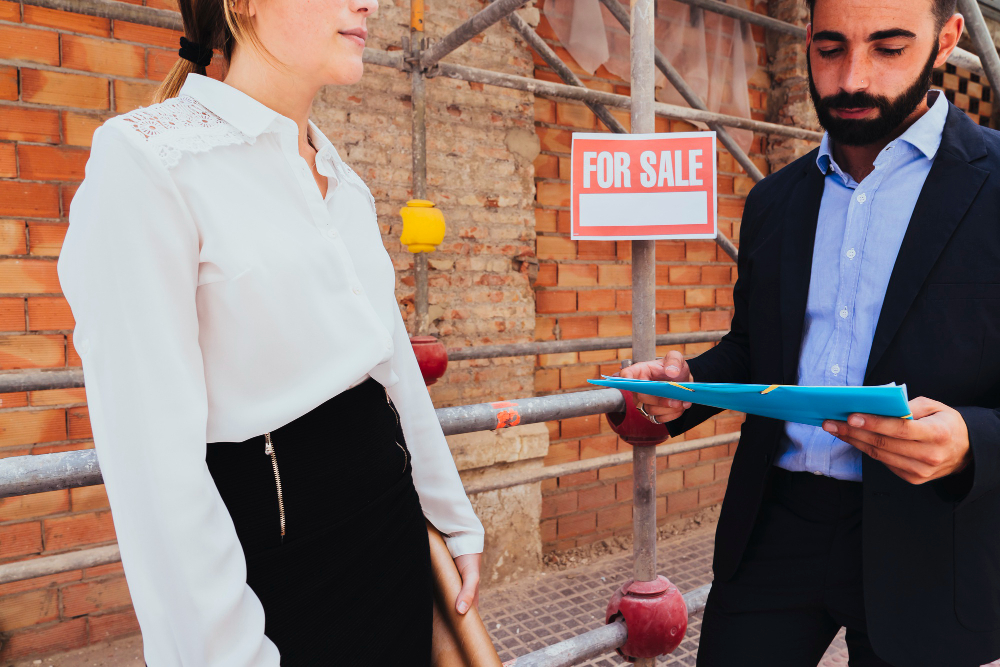
Conclusion
Understanding premises liability is crucial for both property owners and visitors alike. By familiarizing yourself with the principles of premises liability, the types of cases that can arise, and the responsibilities of property owners, you can better protect your rights and navigate the complexities of the legal system. Whether you’re a victim seeking compensation for an injury or a property owner looking to minimize your liability, knowledge is key.
In the event of an accident, taking the appropriate steps—seeking medical attention, gathering evidence, and consulting with an attorney—can significantly impact the outcome of your case. Remember that the burden of proof lies with the injured party, so having a solid understanding of negligence and the damages available is essential for pursuing a successful claim.
Ultimately, premises liability laws are designed to create a safer environment for everyone. By holding property owners accountable for their responsibilities, we can work towards reducing accidents and injuries while empowering victims to seek the justice they deserve.




